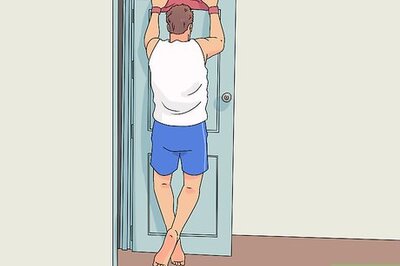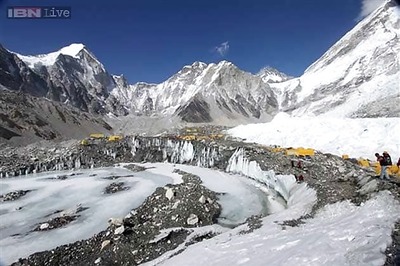
views
New Delhi: The "in-house" procedures, devised by a five-judges panel and adopted by the Supreme Court way back in 1999, on taking "suitable remedial" actions against judges, accused of misconduct and impropriety, of the apex court and the high courts was on Thursday put in public domain.
The apex court registry put the report of the committee on its website in pursuance of a direction issued by the court while deciding a sexual harassment complaint of a former woman judicial officer against a sitting judge of the Madhya Pradesh High Court.
The 1997 report of the panel, consisting of SC judges, Justices SC Agrawal, AS Anand, and SP Bharucha and two senior-most Chief Justices of High Courts, PS Misra of the Andhra Pradesh High Court and DP Mohapatra of the Allahabad High Court, was adopted with some changes by the Supreme Court in its full court meeting on December 15, 1999.
The report prescribes three different sets of procedures for taking action on complaints against judges of the High Courts, Chief justices of HCs and judges of the Supreme court respectively.
The procedures to deal with complaints against HC judges says that if a complaint is received by the Chief Justice of the High court concerned then "he shall examine it".
"If it is found by him (CJ) that the complaint is of a serious nature involving misconduct or impropriety, he shall ask for the response thereto of the judge concerned," the report said, adding if the CJ is satisfied that no further action is needed, then he shall close the proceedings and inform the CJI accordingly.
If the Chief Justice is of the opinion that the complaint needs "deeper probe", then he shall forward to the CJI the complaint alongwith the response of the judge concerned and his own comments.
The panel further suggests the procedures when the CJI either directly receives the complaint or they are forwarded by the President against a HC judge.
"If it is found by him (CJI) that it is either frivolous or directly related to the merits of the substantive decisions in a judicial matter or does not involve any serious complaint of misconduct or impropriety, he shall file it," it said.
If CJI is of the view that it needs probe then he "shall forward" the complaint to the Chief Justice of the High court for further comments and the same procedure would be followed as in the case when the complaint is first received by the CJs of the High Courts.
The panel further suggested that if the CJI is of opinion that a deeper probe is needed against the HC judge, then a three-member committee of two Chief Justices of other High Courts and one High Court judge would be formed to conduct an inquiry by devising its own procedures.
The committee further said there could be three findings -- either there is no substance in the allegations or there is sufficient material but which are "not so serious" to call for the judge's removal or there is evidence for initiation of removal proceedings of the judge.
If the enquiry panel finds that there is substance in the allegations in the complaint and the misconduct disclosed is such that it calls for initiation of proceedings of removal of the judge, the CJI will first advise the judge concerned to either resign or seek voluntary retirement.
If the judge refuses to put in his papers, then CJI would ask the Chief Justice of the High Court not to assign any judicial work to him and intimate the development to the President and the Prime Minister.
The CJI will also convey to the Prime Minister the seriousness of the allegations and seek "initiation of proceedings for removal and the copy of the report of the committee may be enclosed," the report said.
On similar lines, the committee has prescribed procedures to deal with complaints against the Chief Justices of the High courts and the apex court judges.
In relation to complaints against the CJs of High Courts, the CJI would first examine them and may seek a response of the CJ concerned, the panel said.
If the CJI is of the opinion that the complaint needs further probe then he would constitute a three-member enquiry committee, consisting a judge of the Supreme Court and two Chief Justices of the High Courts.
Similarly, the complaint against SC judges would be first examined by the CJI himself and if he is of the opinion that a "deeper probe" is needed, then the allegations would be enquired into by a three-judges panel of the apex court.
So far as the removal procedures are concerned, they will be same as in the case of high court judges.


















Comments
0 comment